-

Requester’s Voice: Edward Vielmetti
In this week’s Requester’s Voice MuckRock goes hyperlocal with Ann Arbor’s Edward Vielmetti. From parking garages to sidewalks, Vielmetti is plugged in to Wolverine territory. He shows us why working with public documents should extend beyond federal fiddlings and how to impact a local community.
-
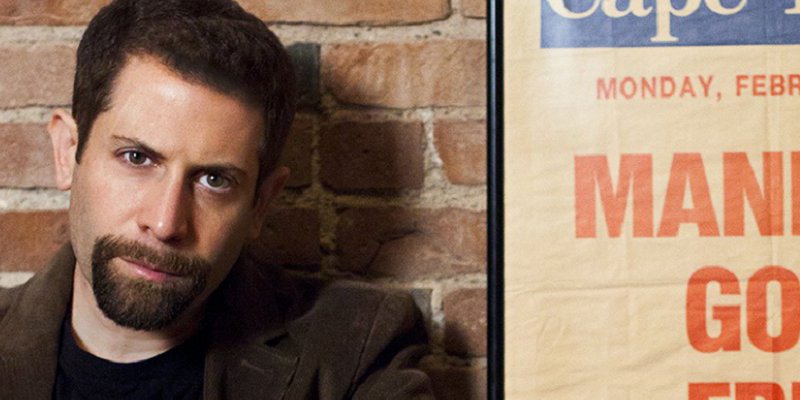
Requester’s Voice: Ryan Shapiro
Ryan Shapiro’s surgical FOIA tactics sent the FBI scrambling to block his efforts. Shapiro’s deluge of wisdom and narrative sprinkles range from understanding the government’s stance on political dissent to his ongoing “street fight” with the FBI and why our democracy depends on the health of the Freedom of Information Act.
-

Crunching the DEA’s drug loss data
The DEA requires reporting of losses or thefts of controlled substances. Here’s our initial dive on eight months of nationwide data on employee pilferage and misplacement of regulated drugs and chemicals.
-
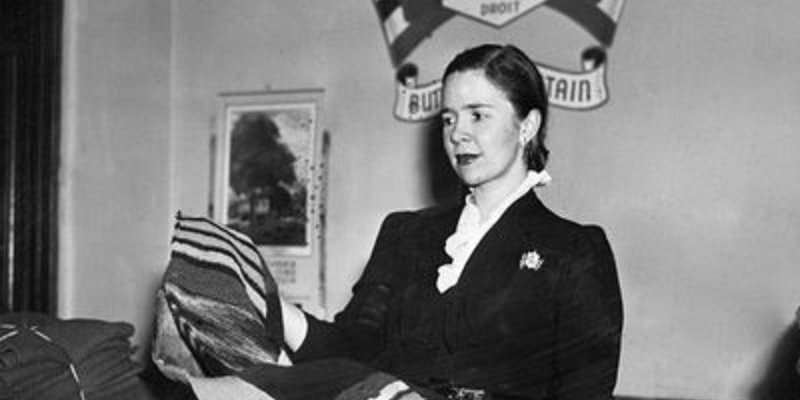
“A prolific instigator” Lady Malcolm Douglas-Hamilton’s FBI file
Lady Malcolm Douglas-Hamilton’s extensive FBI file reveals the philanthropist and socialite’s failed efforts to connect with J. Edgar Hoover.
-

After public records request, Boston Police suspends license plate scanner surveillance program
Data from more than 68,000 Boston Police Department automated license plate reader scans — a fraction of the total scans the department has performed since 2006 — show the department’s program violated its own rules and failed to effectively follow up on leads that had been flagged dozens of times.
-

Army releases “Hot Topic” FOIA list that requires notifying leadership
The US Army maintains a list of “Hot Topics,” and FOIA officers are expected to notify senior leadership about any FOIA requests around these subjects before disclosing information. The list includes Don’t Ask Don’t Tell, Arlington National Cemetery, and Bradley Manning or Edward Snowden.
-
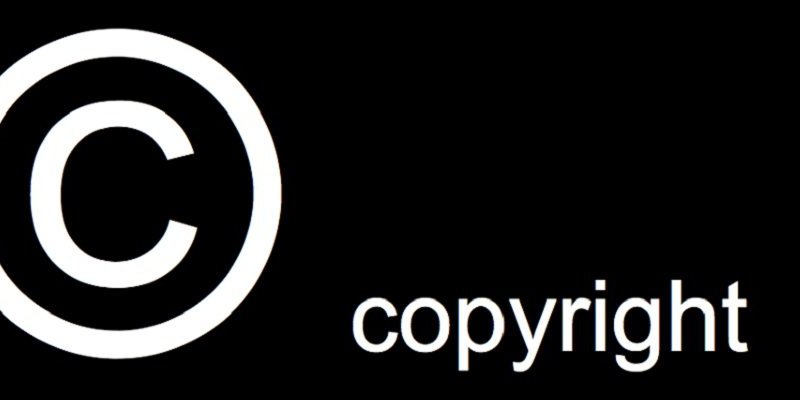
Keep the public’s work the property of the public
Encroaching or unclear copyright means that taxpayer-funded documents and data are less usable, available, and analyzed. Fortunately, there are some best practices for making sure that does not happen.
-
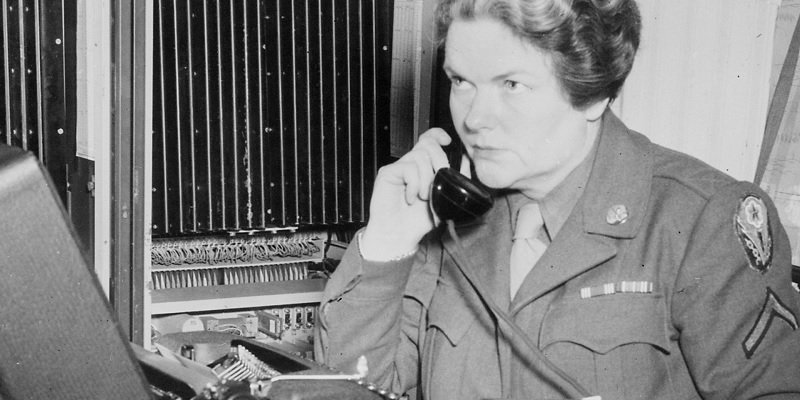
So what if the government tracks my phone calls?
It’s a phrase I heard at a party in the wake of former National Security Agency analyst Edward Snowden’s document leaks. And it’s a question that will no doubt reappear at Christmas parties this year, no matter the country you live in. The NSA is global. And this question brings us to, of all people, Senator Dianne Feinstein of California.
-
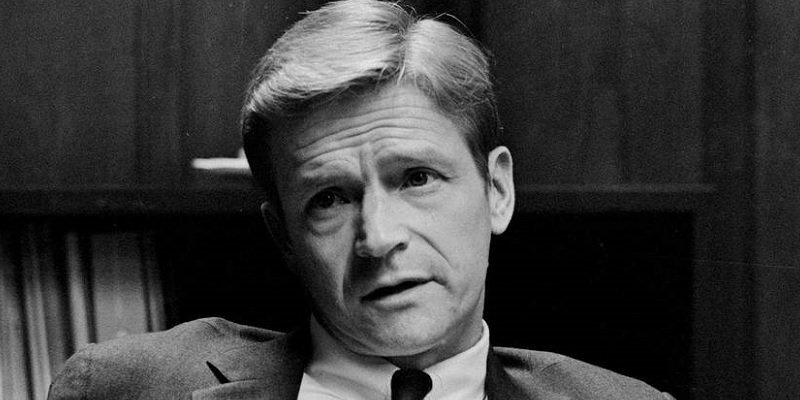
“Perhaps a bit controversial” FBI files on John Silber
The FBI twice conducted background checks on Boston University president John Silber, both before his unsuccessful gubernatorial bid in 1990. While acquaintances emphasized Silber’s eloquence and headstrong nature, the file makes only brief mention of perennial battles with BU staff and student body or the federal bribery investigation around Boston mayor Kevin White.
-

NYPD continues to reject routine requests
The arbitrary rejection of records requests by New York City Police Department continues. In this episode, NYPD rejects my routine request for an arrest report in bold opposition to guidance from the New York Committee on Open Government.
-
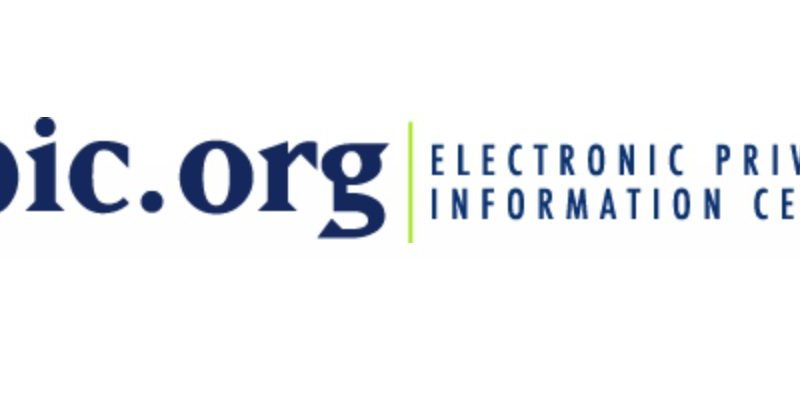
Requester’s Voice: Julia Horwitz
Julia Horwitz is open government counsel at the Electronic Privacy Information Center (EPIC). A U.S. District Court recently ruled in favor of EPIC regarding documents being withheld by the Department of Homeland Security. Read about that court battle and more in this week’s Requester’s Voice.
-
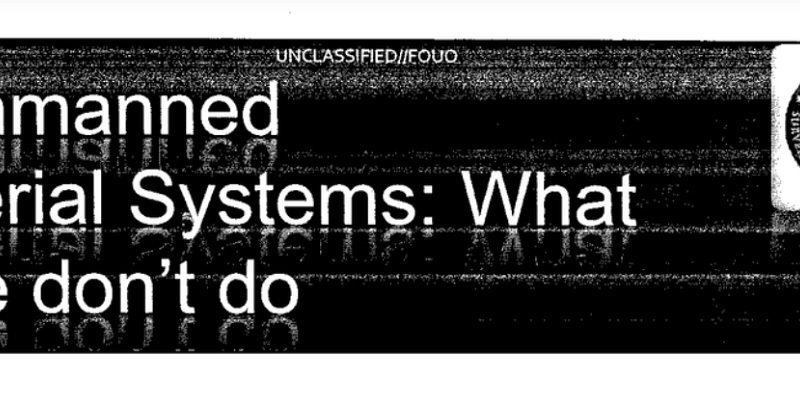
FBI finally releases some (heavily-redacted) drone documents
The Citizens for Responsibility and Ethics in Washington have won a FOIA lawsuit against the FBI, which must release hundreds of pages on its domestic drone deployments over the coming weeks. The first release sketches a rough timeline of the Bureau’s drone fancy, offering fascinating leads for further digging for the Drone Census.
-
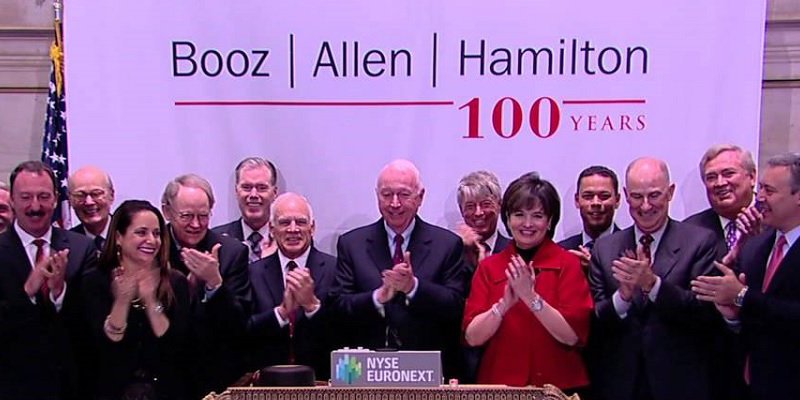
Booz Allen Hamilton and the “trade secrets” FOIA exemption
The FCC gave Booz Allen Hamilton chance after chance to suggest redactions to its contract documents. The corporation’s back-and-forth with an FCC lawyer provides a background glimpse into how the “trade secrets” exemption works in practice.